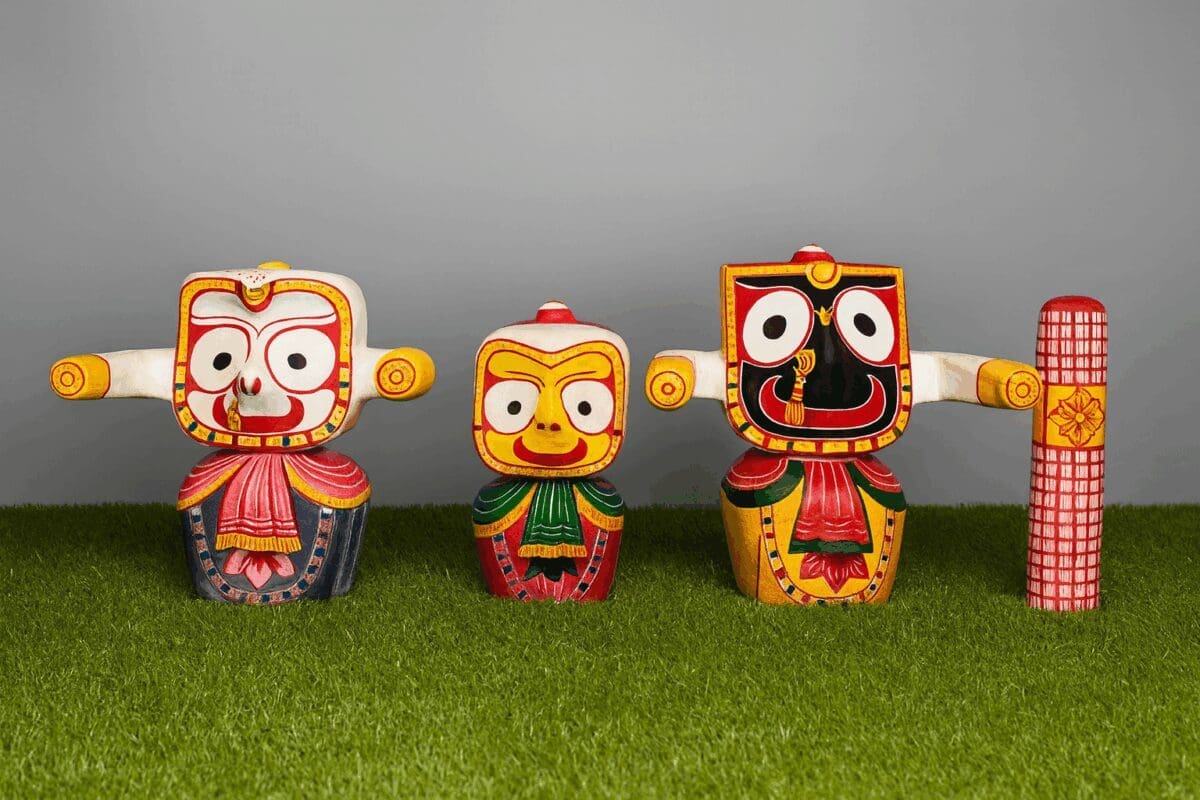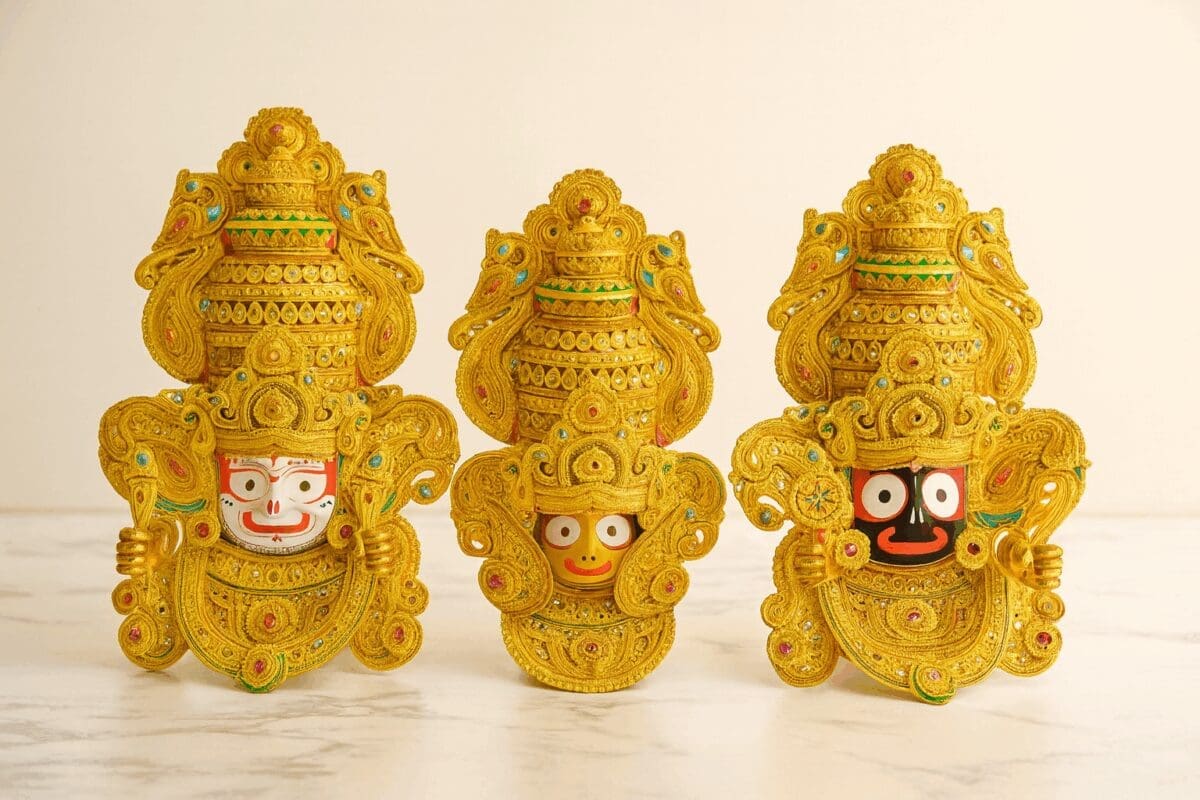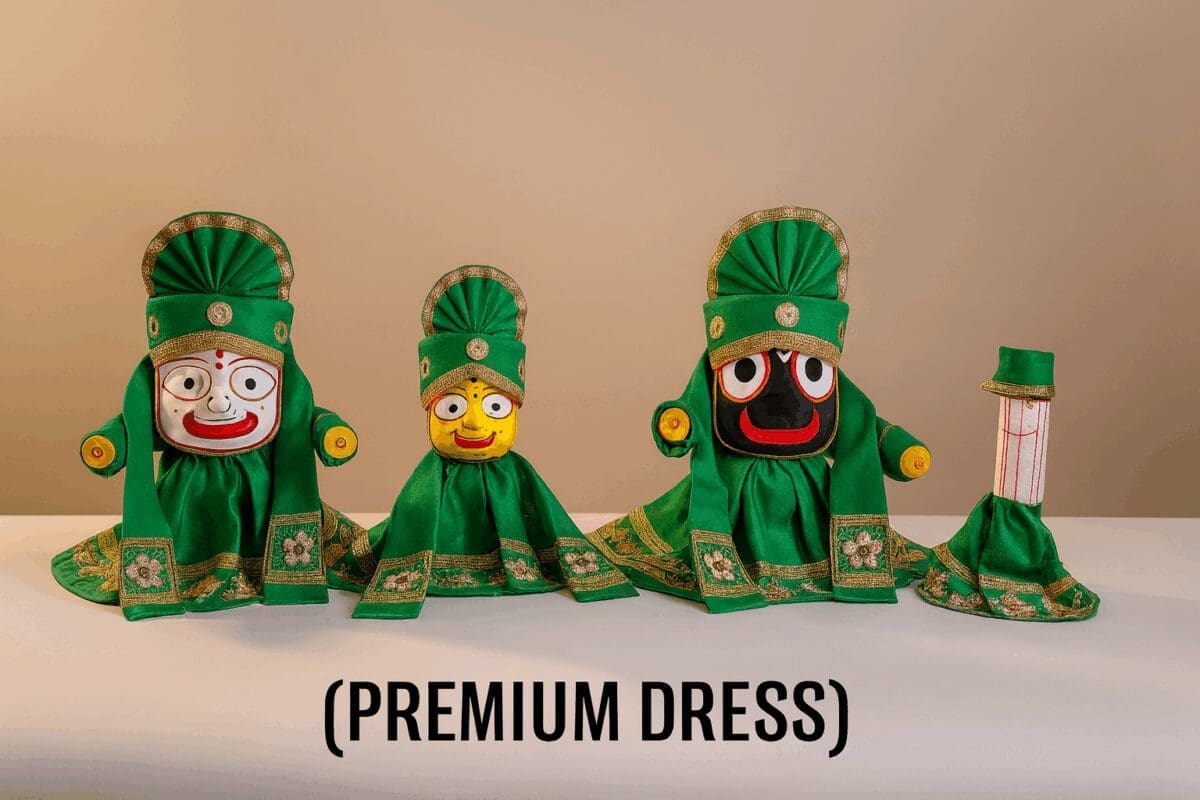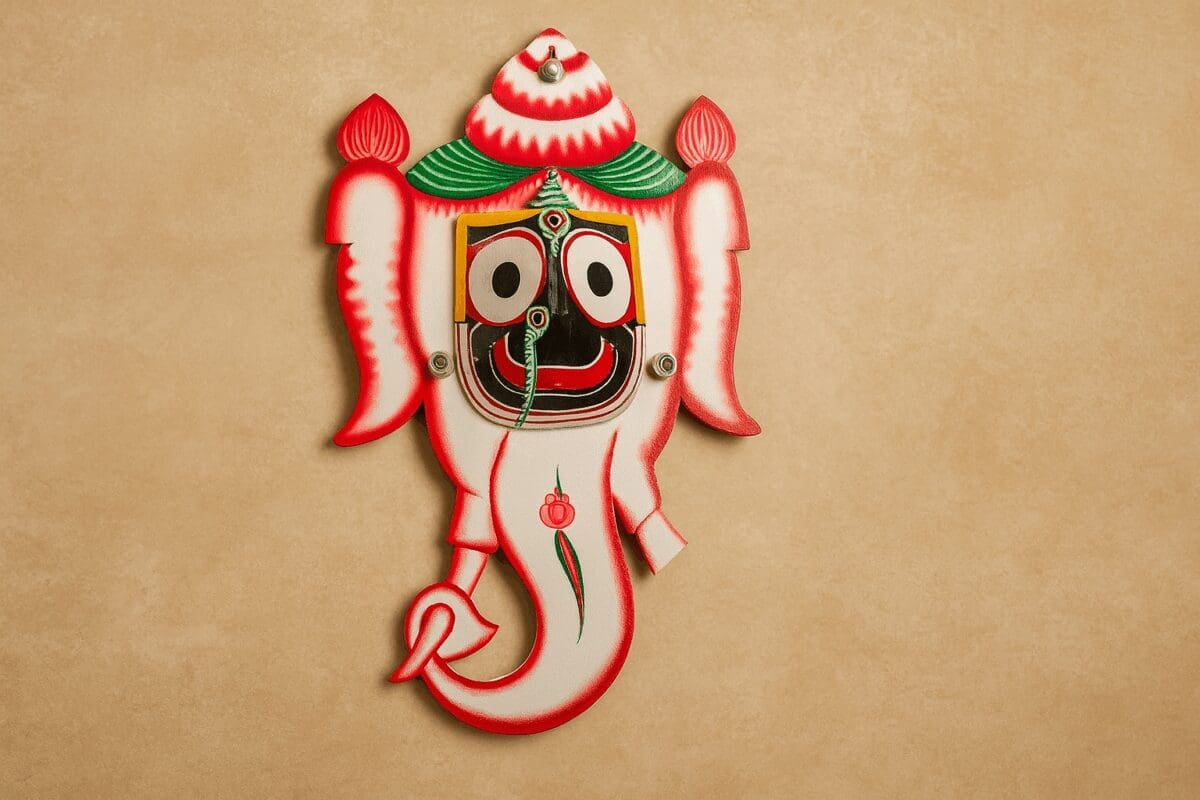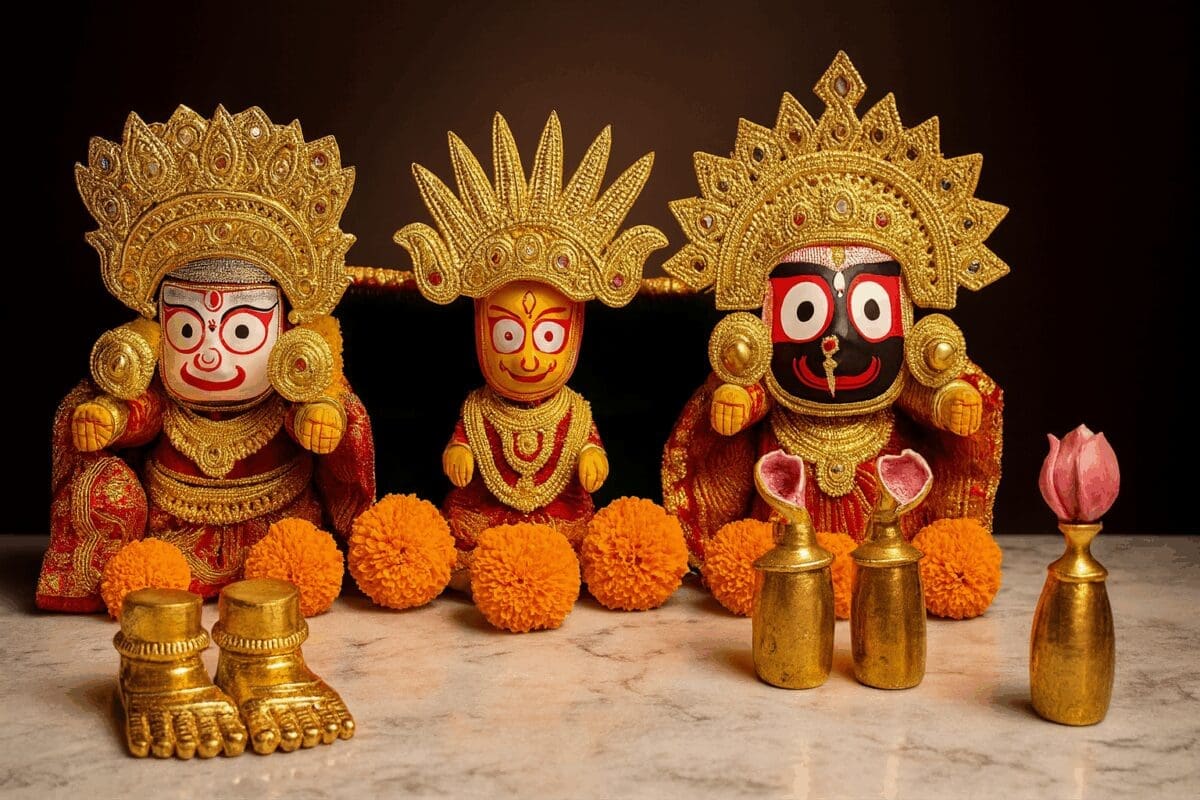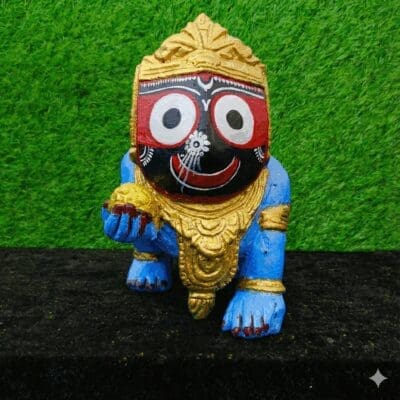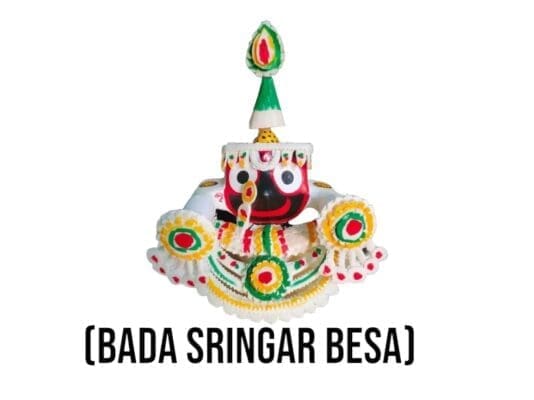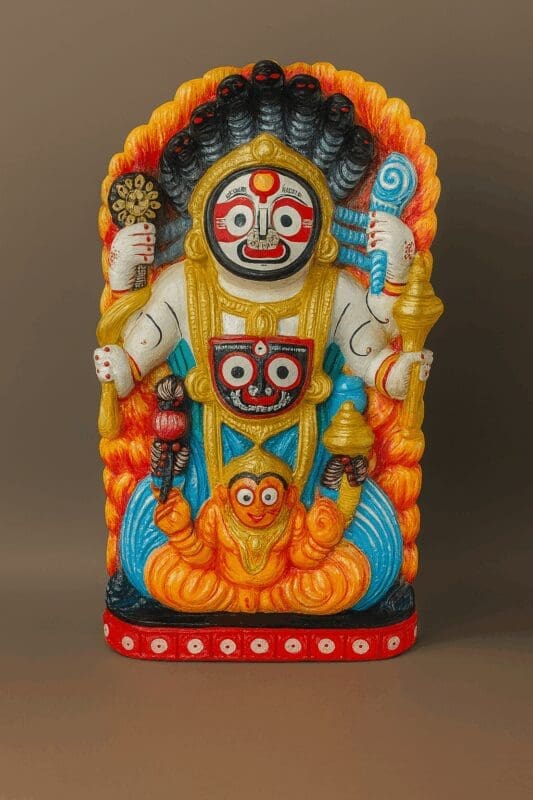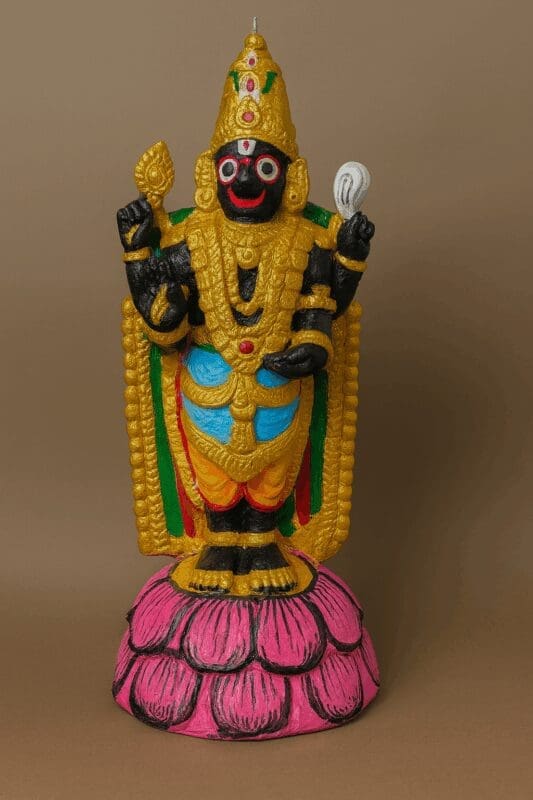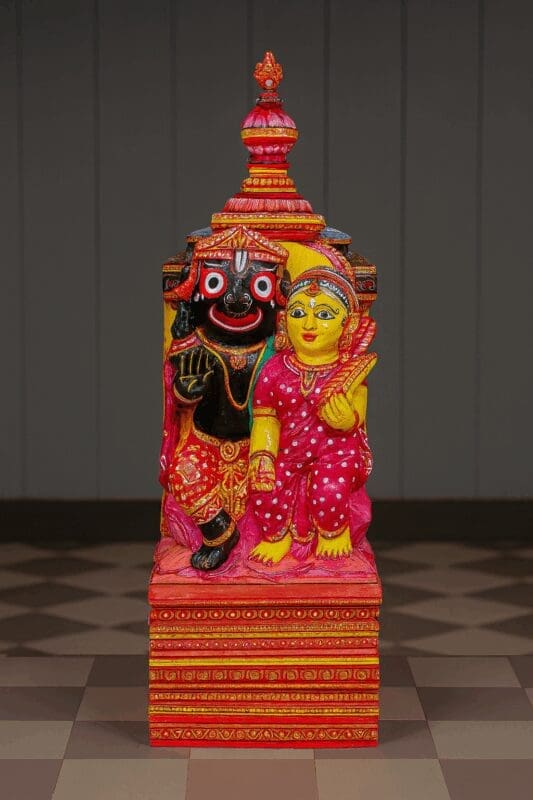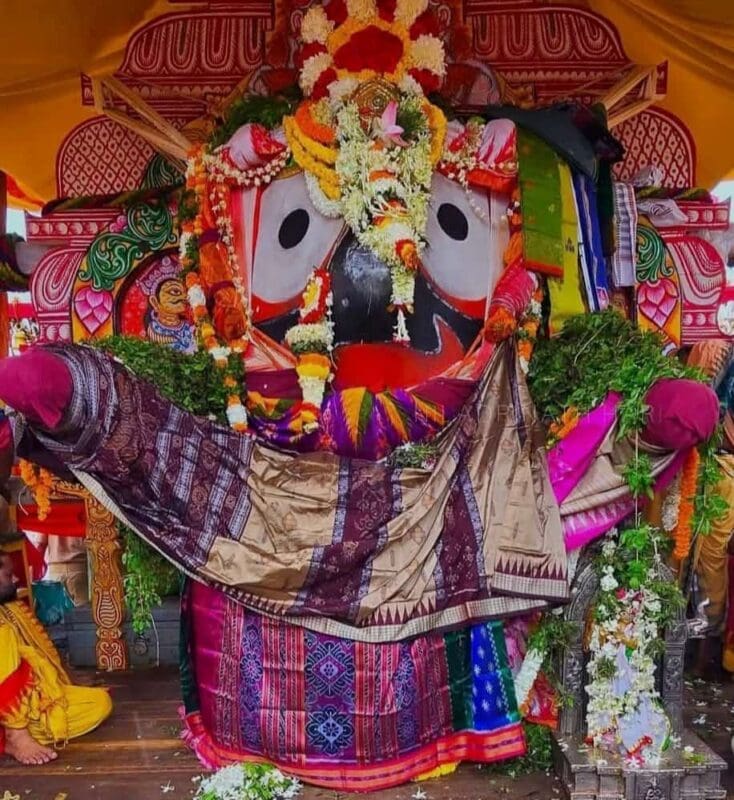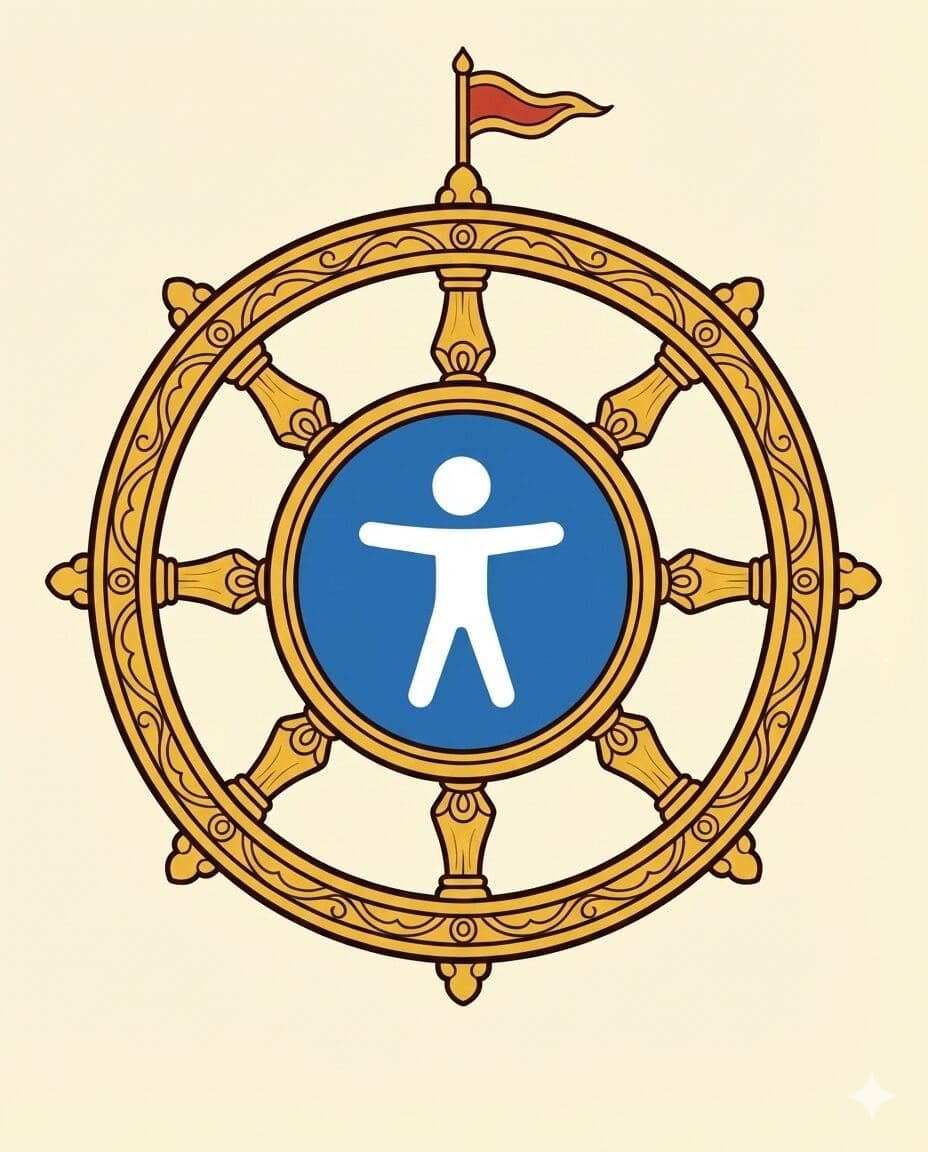History of shri Jagannath mahaprabhu
A Royal Privilege: Why Only the King of Nepal Can Perform Aarti at Shri Jagannath Temple
At the Shri Jagannath Temple in Puri, certain traditions and privileges are reserved for specific individuals or groups. One such unique privilege is the right to perform Aarati atop the Ratna Bedi (jeweled platform), an honor exclusively granted to the King of Nepal. Let’s explore the historical reasons behind this unique tradition and the profound respect it embodies.
The Historical Context: Protecting the Deities
The text begins by highlighting the tumultuous history of the Shri Jagannath Temple, which faced numerous invasions. The Madala Panji (temple chronicle) recounts that the first major attack on the Shri Jagannath Temple was by the Yavana (foreign) general Raktabahu, who defeated the then King Shobhan Kesari Deva.
Fearing the destruction of the temple and the deities, the sevayats (servitors) secretly transported the idols of Lord Jagannath, Balabhadra, and Subhadra to different locations, finally finding refuge in a cave at Gopali village, with the help of the King of Sonepur. To mark the cave, they planted a Banyan tree at the entrance.
Centuries later, King Yayati Keshari, after discovering the deities and having them restored, wanted to show his gratitude.
The Role of Nepal and the Gift of Shaligrams
When King Yayati Keshari exhumed the idols after 146 years they were in a dilapidated condition. Adi Shankaracharya then advised that he install new idols made of Shaligram stone. So as part of the restoration of the deities, Adi Guru Shankaracharya advised King Yajati Keshari to procure Shaligram Shila from Nepal, as it was considered one of the most sacred materials. At that time, King Shankaradeva of Nepal sent a lakh (one hundred thousand) of Shaligram shilas, along with kasturi (musk) to Shri Jagannath. With the help of those stones, he then proceeded to craft the idols.
This gesture of profound support from the King of Nepal was indispensable in re-establishing the worship of Lord Jagannath. In recognition of this invaluable contribution, the rulers of Nepal were granted the unique privilege of performing Aarti on the Ratna Bedi.
A Symbol of Respect and Gratitude
The privilege granted to the King of Nepal is not merely a tradition; it represents a deep sense of gratitude and recognition for the help provided during a critical juncture in the temple’s history. It acknowledges the role that Nepal played in preserving the sanctity of Shri Jagannath and its culture during a time of crisis.
While even the Gajapati Maharaja, the first servitor of the Lord, does not have this privilege, the King of Nepal is allowed to perform Aarati upon request. Thus, the tradition of Aarati performed by the King of Nepal, is an offering to the Lord, and it is a testimony of the ties between Shrikshetra, and the royal kingdom of Nepal.
Bringing the Devotional Heritage Home
If you are fascinated by this tradition and want to connect with the rich history of Shri Jagannath, explore the handcrafted items at justkalinga.com. With worldwide shipping, you can bring a piece of this sacred narrative and its message of devotion into your own home.


